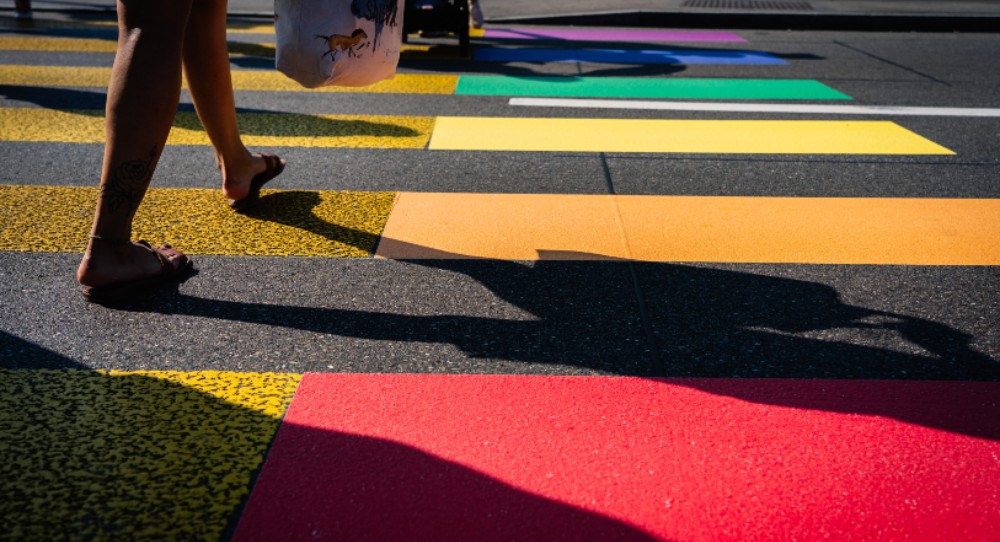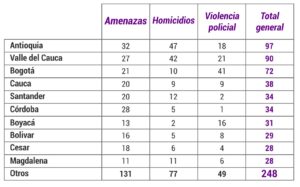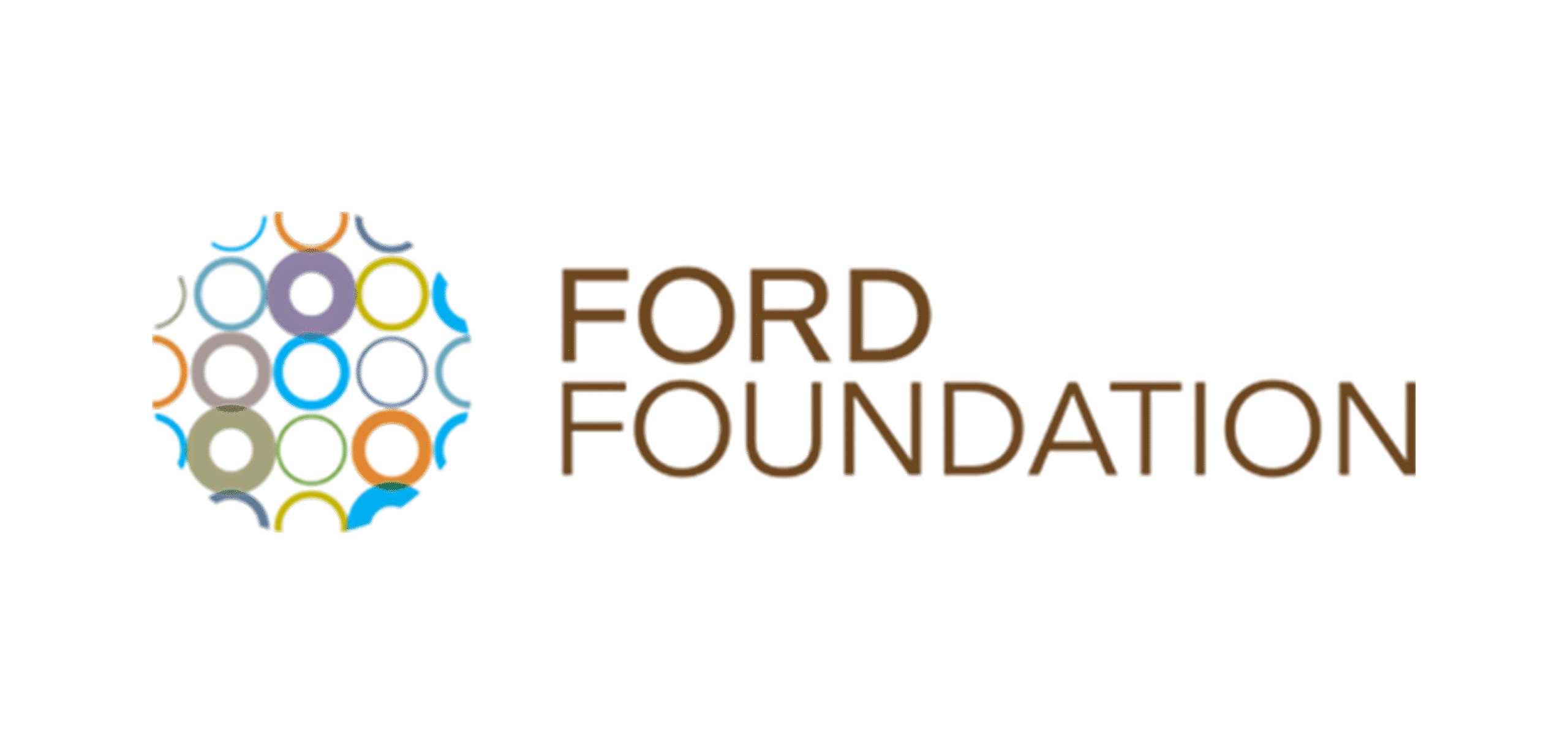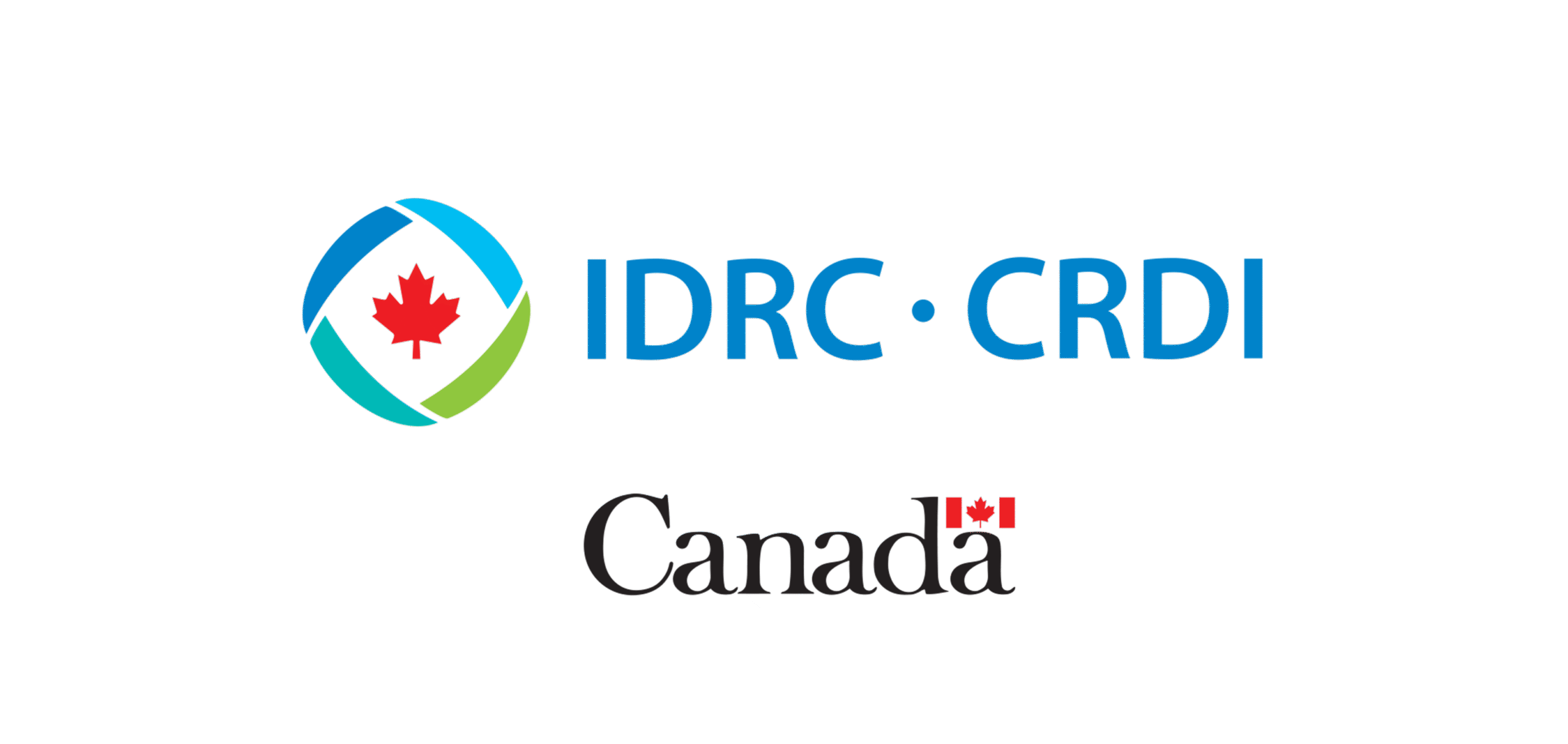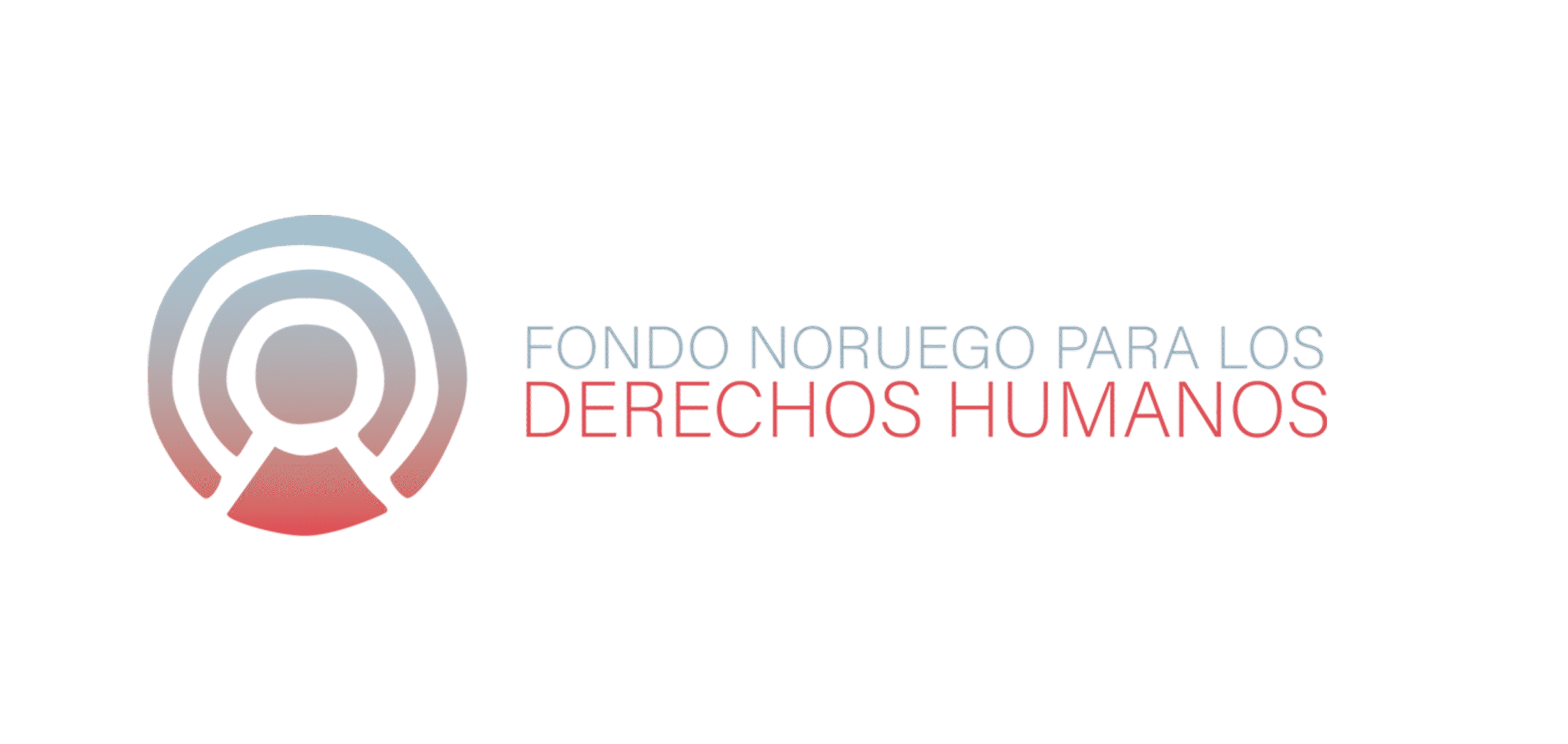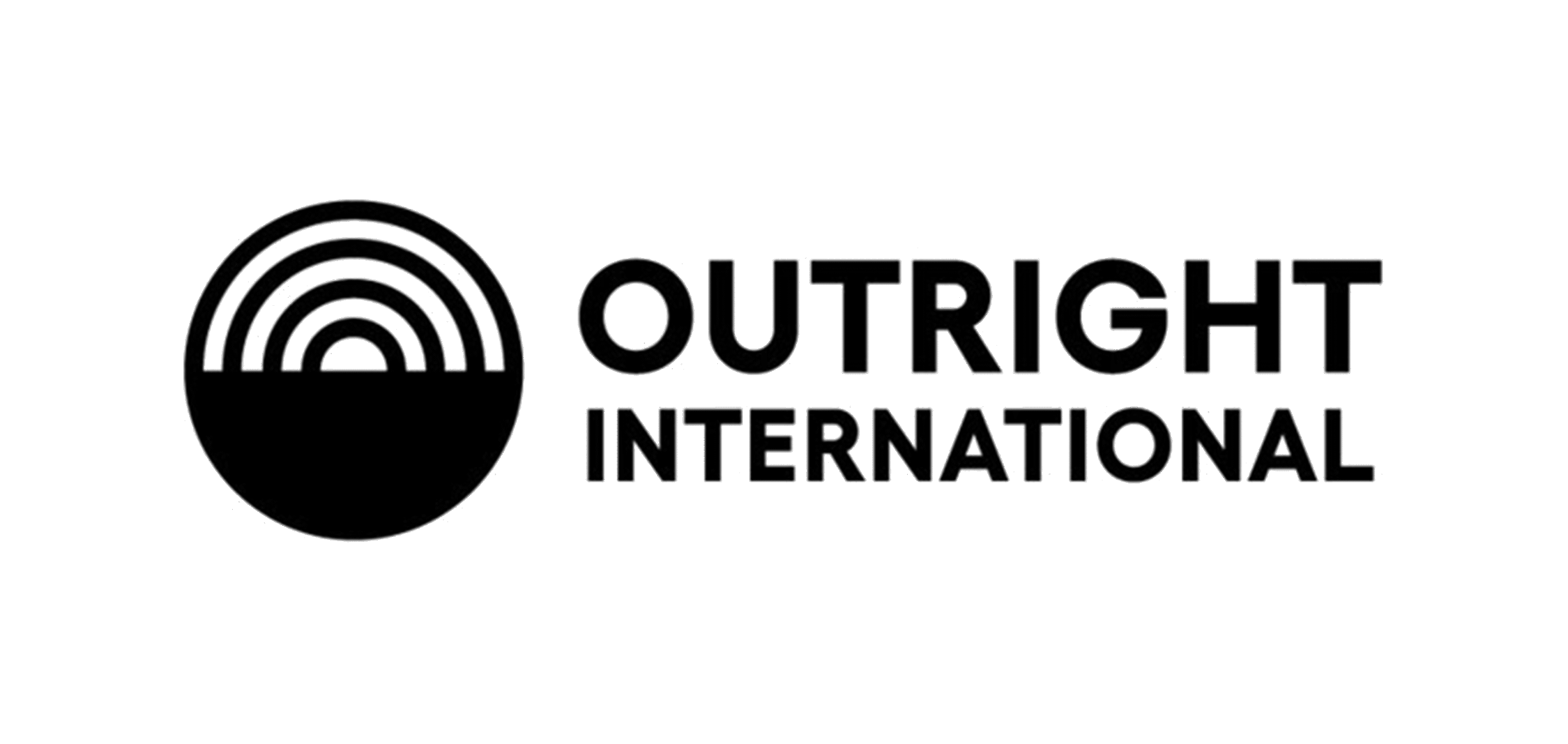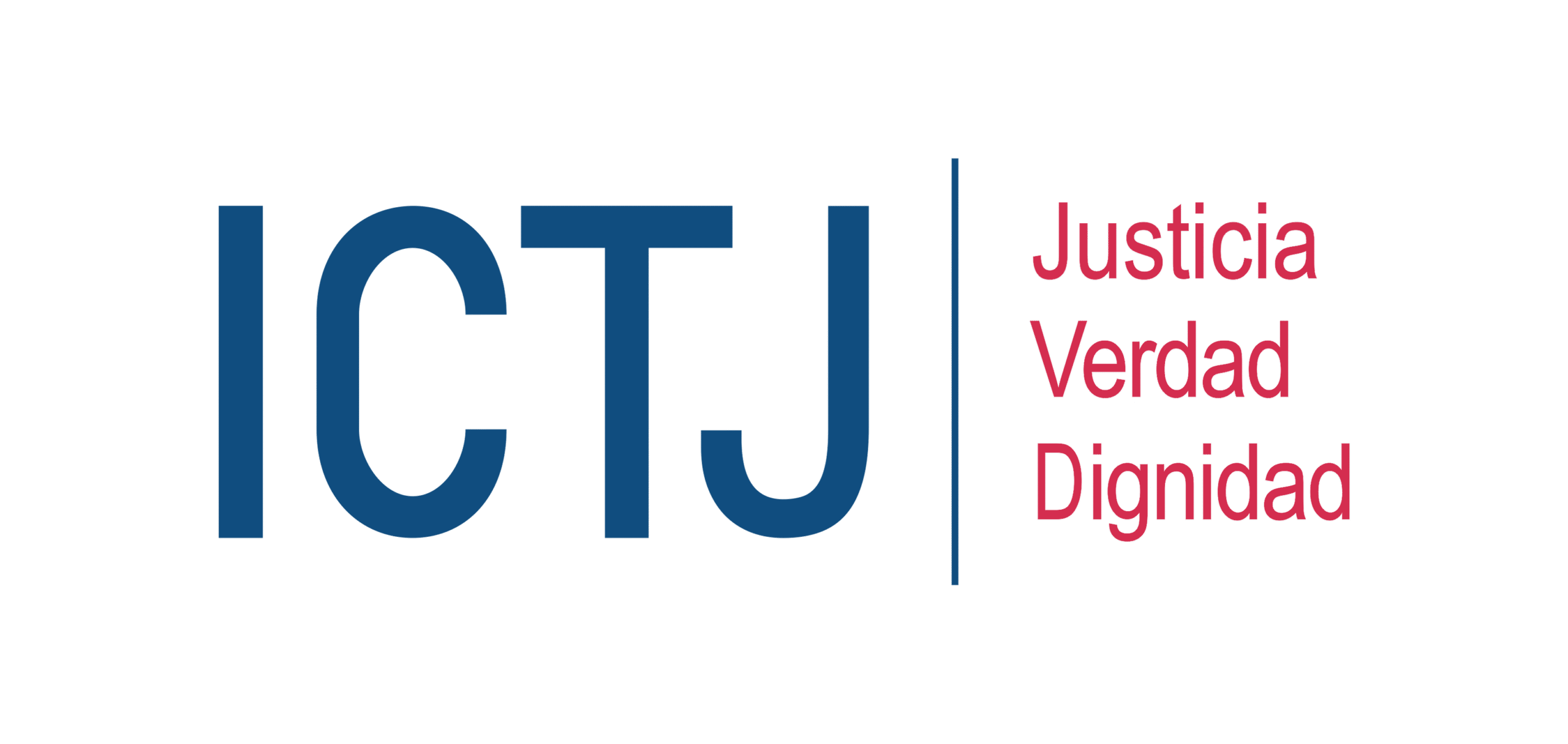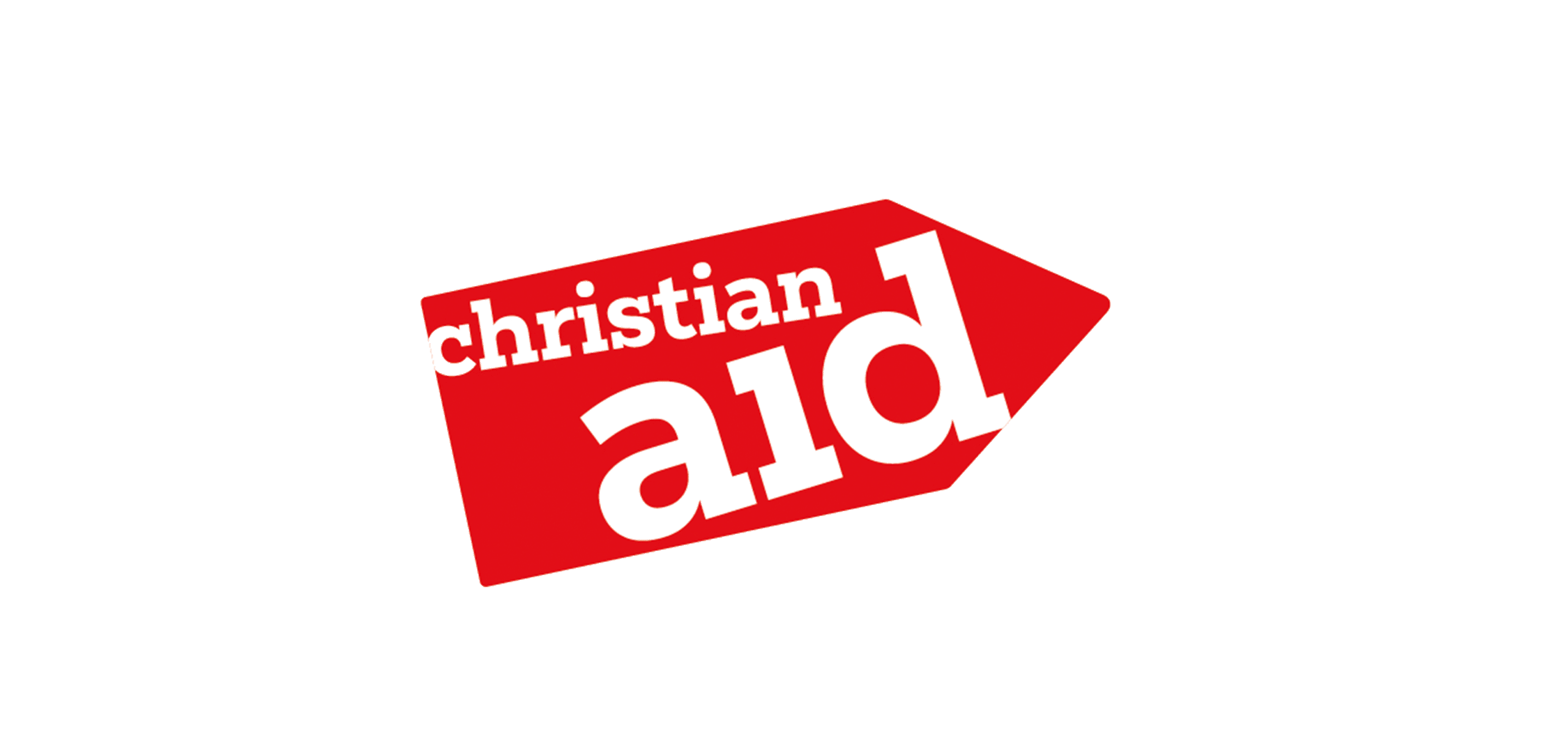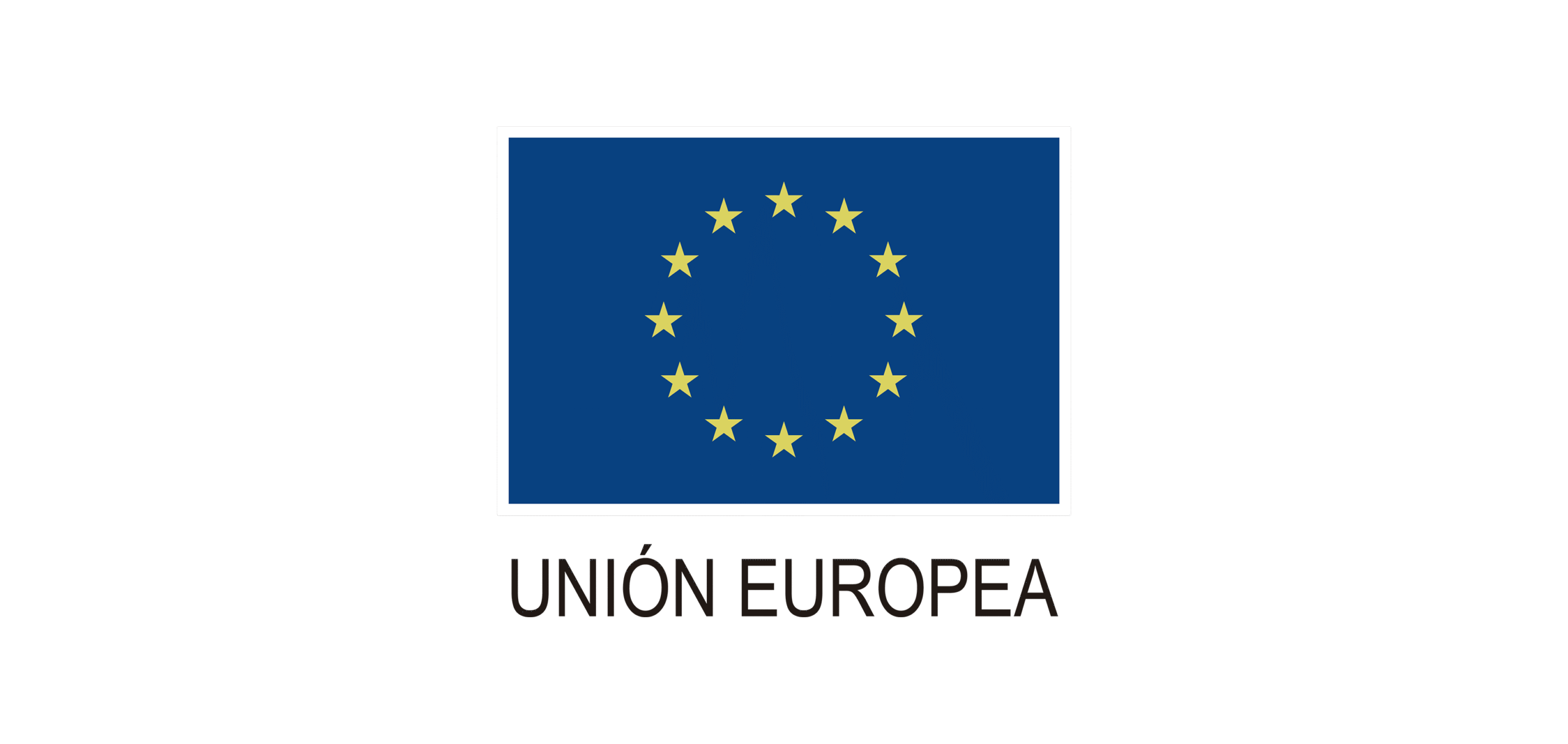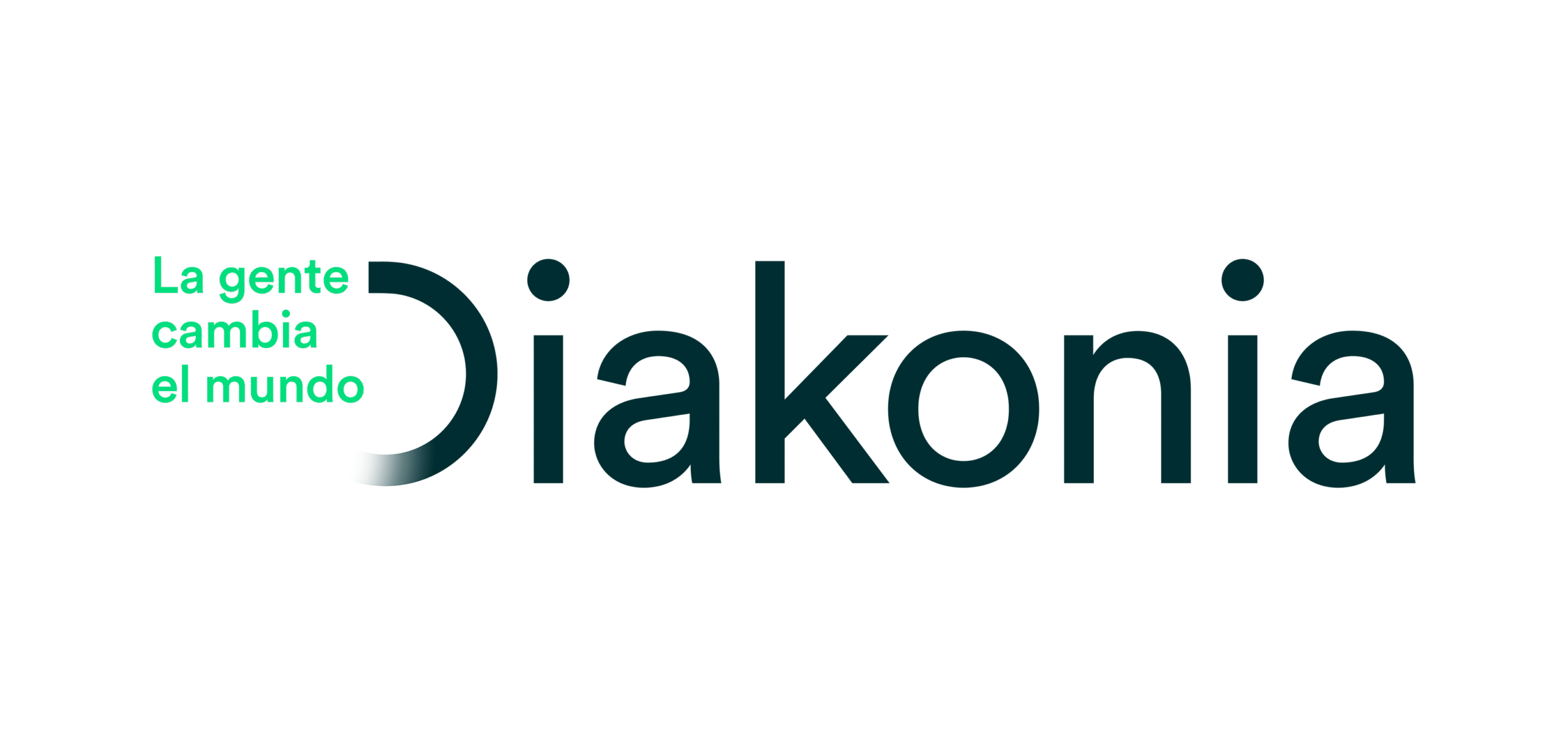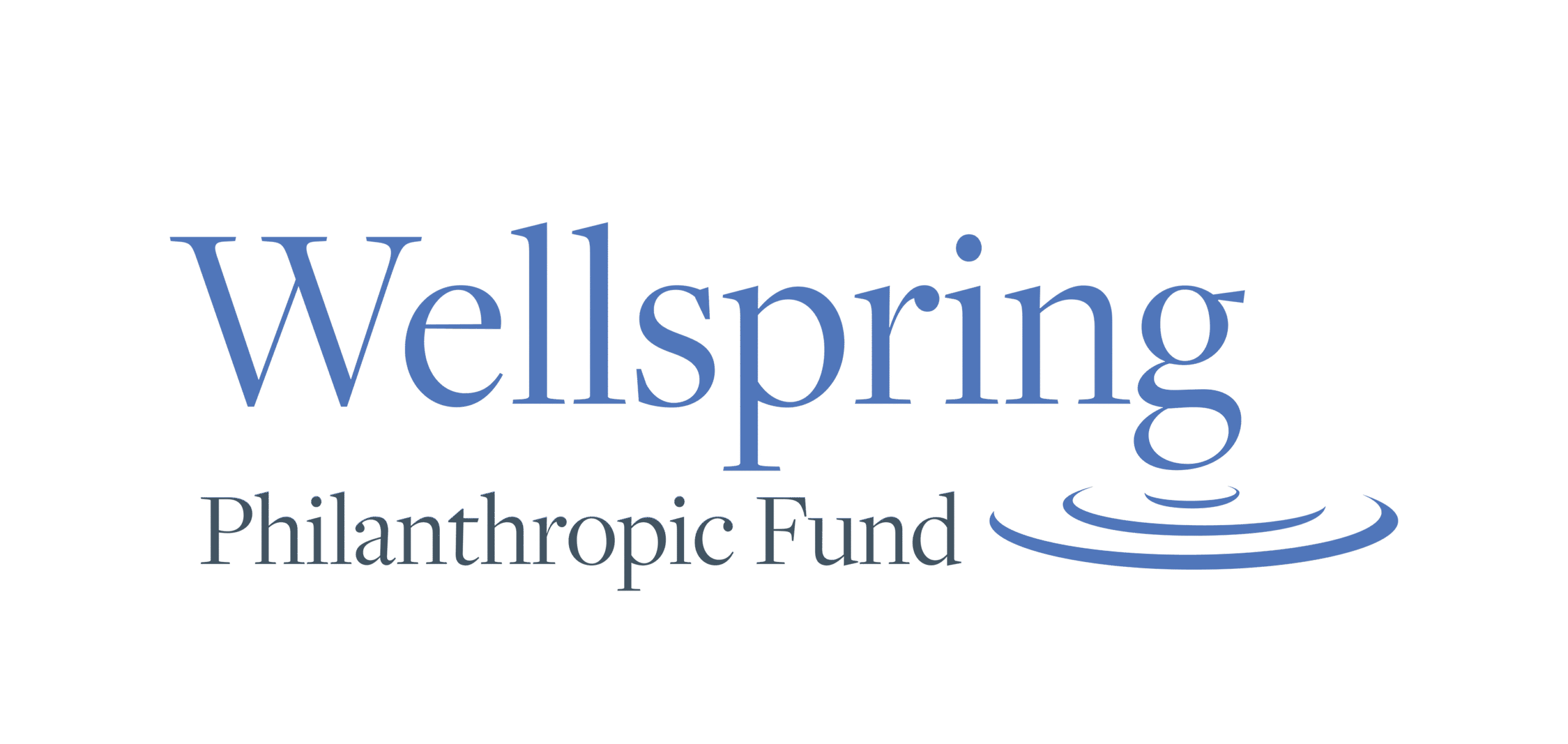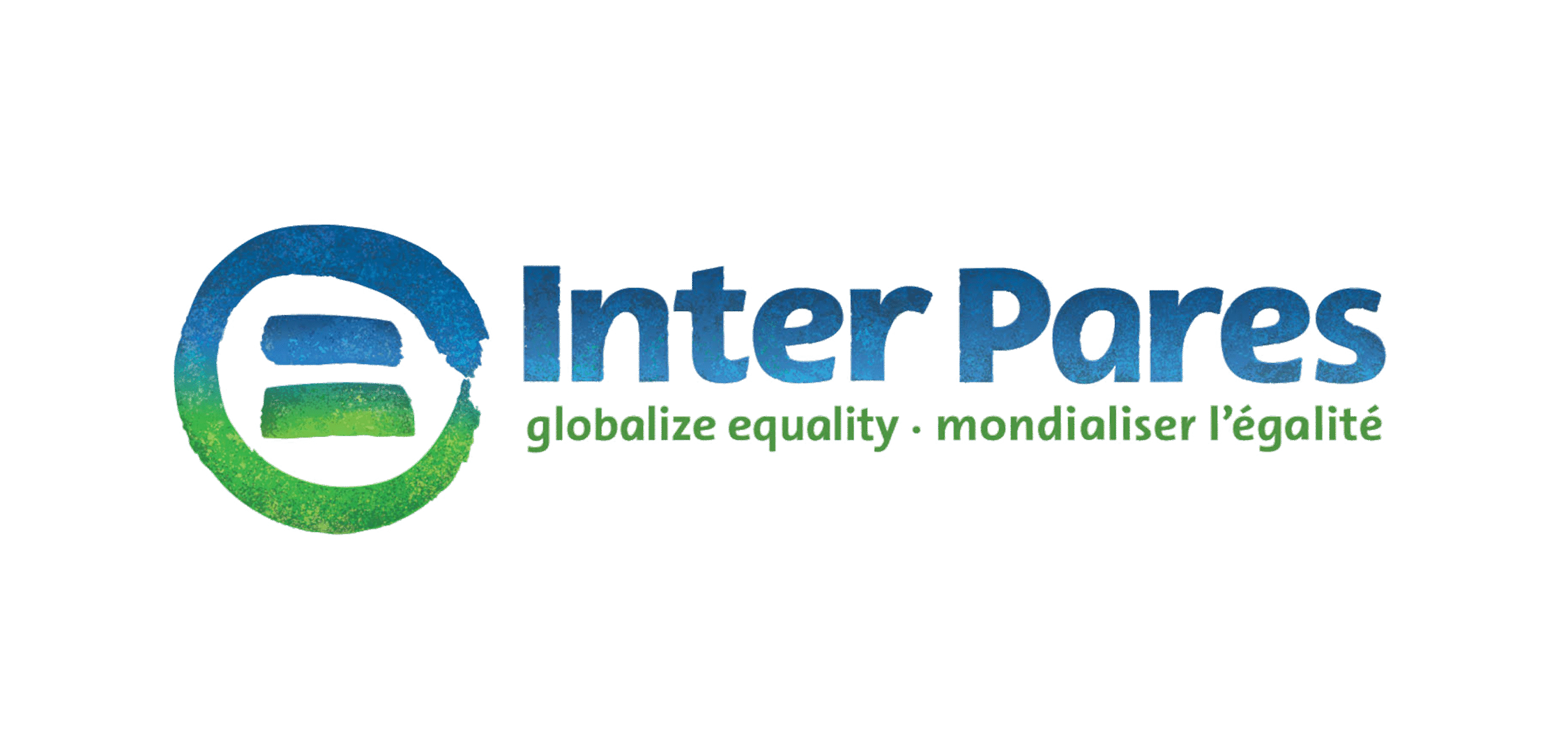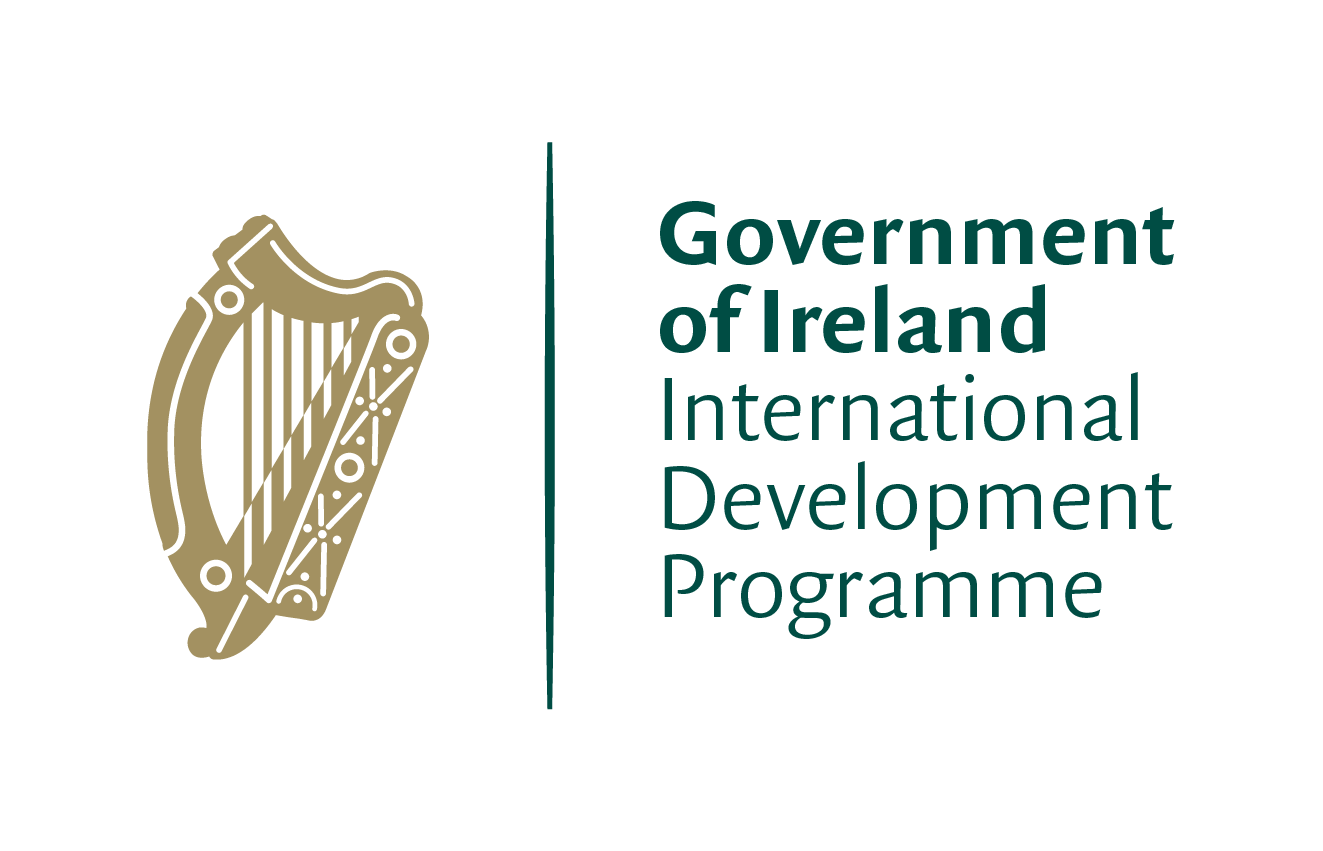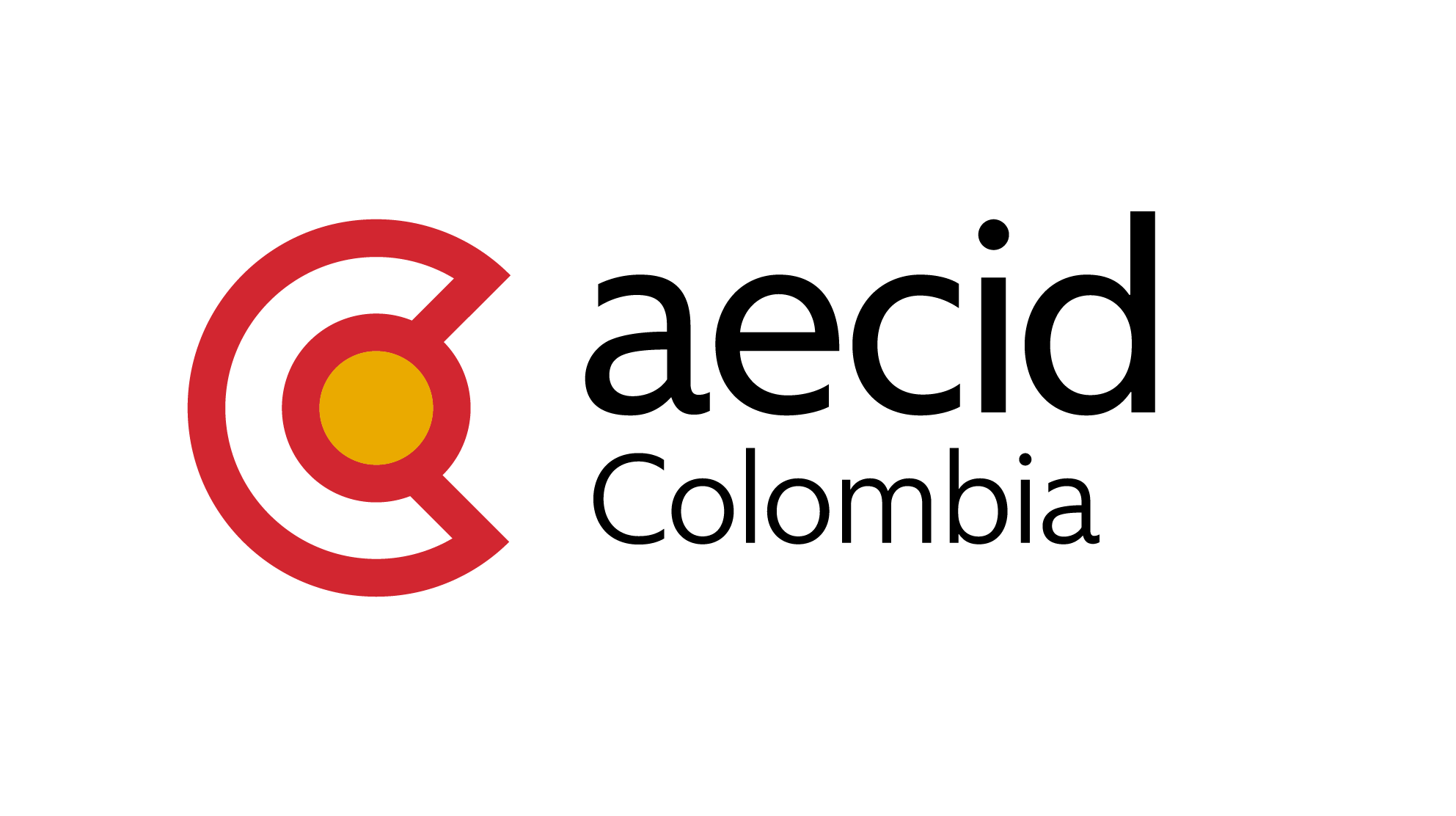Colombia Diversa launches its most recent report on human rights in the country and warns that, despite the evidence, the State continues to fail to take preventive and protective measures or to improve its information systems in order to explain these worrying figures.
2020 was a very violent year for LGBT people in Colombia. While the total number of homicides and threats, in general, in the country decreased to levels not seen for 40 years, for lesbian, gay, bisexual and transgender people the opposite happened, they increased considerably, as revealed in the most recent human rights report by Colombia Diversa entitled "Nothing to celebrate" and which is launched in the midst of the commemoration of Pride month.
Since 2011, an average of 110 homicides per year have been recorded, however, 2020 has been the year in which the most LGBT people were killed, threatened or were victims of police violence on record. Here are the figures and some of the most revealing facts from the document:
This increase could be due to an improvement in the recording of cases of violence against LGBT people or indeed an increase in violence against LGBT people or a combination of both. It is noted that the channels for reporting violence against LGBT people have multiplied or LGBT groups have been more active in reporting cases, which may also contribute to better data recording. However, it is important to note that there is no exact answer as to why the numbers have increased exponentially due to the lack of detailed investigations or transparent responses from the information systems of the relevant state institutions.
Quality of information provided by the State
Paradoxically, the year with the highest number of registered cases is also the year with the least amount of detailed information about them from state agencies. Since previous years Colombia Diversa has been calling attention to the under-reporting of data and the need for the State to improve its information systems and, although the registration of sexual orientation and gender identity of the victims improved in the information provided by the institutions, details such as the weapon or method used at the time of the murders, the place of occurrence, possible motives or progress in criminal proceedings was not provided, as it had been done in previous years.
The lack of access to detailed information prevents a more thorough analysis to confirm patterns of violence that have been identified in previous studies or to re-evaluate them in the light of new data. This makes it difficult for civil society organisations to carry out more detailed analysis and to explain this increase in violence.
violence, to analyse the level of impunity in investigations or to propose mitigation measures.
This is why Colombia Diversa stresses the urgent need for the competent authorities to be able to explain these worrying figures and to use the information available to them to identify possible patterns and take effective prevention or protection measures. Otherwise, the State's obligations are only half fulfilled, as it has been found that some government entities do not use the available information to generate prevention programmes to adequately investigate or punish these forms of violence.
Against this worrying backdrop The current government has contributed to the weakening of the mechanisms for the protection of LGBT people in Colombia by not hiring competent people to work for the rights of this population in bodies such as the human rights directorate in the Ministry of the Interior. As a result, LGBT public policy has continued to be slow and the urgent cases roundtable has been abolished. Mechanisms such as these are more necessary now than ever and their lack of implementation results in greater lack of protection in the face of increasing violence.
Details provided by the data:
- As in previous years, the majority of victims of these three types of violence were trans women and gay men.
- The form of violence that most affected lesbian women and trans bisexual people was threats, while for gay men it was homicide.
- In contrast to 2019, when police violence was the most frequent issue for transgender women and men, in 2020 they were most affected by threats.
- As in 2019, Most of the 2020 victims were registered in Valle del Cauca, Antioquia and Bogotá.. However, there were also some significant changes. The municipality of Maicao, for example, had fewer victims of police violence than in 2019 but more victims of homicides and threats.
In Boyacá, on the other hand, there were more reports of police violence against LGBT persons than had been reported in that department in all previous years.
The most violent months for LGBT people
Since April 2020, when the national quarantine was decreed, homicides, police violence and threats against LGBT people have increased. In other words, violence increased in the context of isolation.
mandatory.
- June saw the highest number of cases of homicides and police violence. Although there is no single explanation for this, it is striking that 2020 was a year in which there were restrictions on mobility and confinements, and that June - the month in which LGBT Pride is celebrated and different activities are held to make LGBT people visible and demand their rights - was one of the most violent for this population.
- The highest peak of threats occurred in February. Although the available information does not allow for a single explanation, February saw an ELN armed strike and several of the threats against LGBT people occurred in regions of influence of this armed group, so it cannot be ruled out that it could be related to the high number of registered cases.
LGBT people's conflicts and routes of access to justice
In addition to the aforementioned acts of violence, LGBT people face different types of conflicts in their daily lives that violate their rights and interests, but are also not adequately addressed by the justice system.
The report documented 327 cases involving conflicts affecting LGBT people, mainly in the family (126 cases), work-related (54), issues with the state (51), health services (32) and housing (16). This includes cases of assault by family members, harassment at work and discrimination by state agents.
In view of these situations, the report points out that the state's offer of justice is not designed for a population such as LGBT people, as it does not take into account their differential needs or the contexts in which they live.
In cases involving family violence, one of the biggest barriers is the possibility for the victim to effectively report domestic violence. The consequences of reporting this type of violence, such as the loss of support networks and situations of lack of protection, mean that many LGBT victims do not report and are subjected to prejudicial environments. In addition, it points out that the Family Police Stations, which are the entities in charge of receiving these cases, often do not have adequate infrastructure, complete equipment or knowledge and awareness of gender-based violence. Finally, it was found that protection measures against such violence are ineffective for LGBT people, even more so when the domestic violence comes from their family group.
In cases involving conflicts in the workplace, such as harassment based on the sexual orientation or gender identity of the victims, it was also found that existing mechanisms for handling these cases are not effective in identifying when the harassment is motivated by prejudice towards the sexual orientation or gender identity of the victim, or when the harassment is motivated by prejudice towards the sexual orientation or gender identity of the victim, or when the harassment is based on the sexual orientation or gender identity of the victim.
There are no technical guidelines for dealing with this type of case and there are no guarantees of non-revictimisation in the workplace, so many LGBT people prefer not to report these cases in order not to reveal their sexual orientation or gender identity.
In this sense, despite the fact that formally there is a robust justice system, the laws do not have a gender focus and, in general, differential approaches that allow for the proper interpretation and analysis of cases involving LGBT persons. In addition, officials administering justice have prejudices and stereotypes that prevent LGBT people's cases from being handled properly. This demonstrates the inadequacy of the justice system to resolve the conflicts faced by this population. Moreover, this can increase their vulnerability factors and sometimes even result in an escalation of violence.

